The two current directors of HSP are Matthew Meselson at Harvard and acting-Director Prof Paul Nightingale at Sussex. Meselson teaches and conducts research in the Department of Molecular and Cellular Biology. He is also the Faculty Chair for CBW Studies at the Belfer Center for Science and International Affairs, which is an element of the J F Kennedy School of Government, Harvard University. Nightingale is a Professor of Strategy at SPRU - Science Policy Research Unit, at the University of Sussex. The people currently on the staff of HSP are as follows:
Harvard
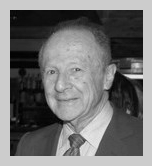
Matthew Meselson, Director
Trained in chemistry and physics, Prof Meselson has conducted research mainly in the field of molecular genetics. He invented an important method for analyzing the densities of giant molecules and employed it to demonstrate how DNA replicates in dividing cells. He later showed that genetic recombination results from the splicing of DNA molecules. He also demonstrated the enzymatic basis of a process by which cells recognize and destroy foreign DNA, and discovered methyl-directed mismatch repair, which enables cells to repair mistakes in DNA. At present, he conducts research in molecular genetics and evolution.
Sussex
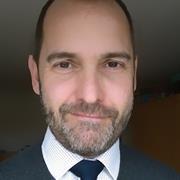
Paul Nightingale, Professor of Strategy and Associate Dean of Research
Paul Nightingale is Professor of Strategy and Associate Dean of Research at the University of Sussex Business School. Originally trained as a chemist, his work focuses on technical change, innovation systems, and the governance of complex and security-relevant technologies. He has contributed to research on biosecurity, dual-use science, and the implications of emerging technologies for the chemical and biological weapons prohibition regimes. Paul’s broader interests include industrial dynamics, metascience, financial innovation, and the management of uncertainty in major R&D and transformational projects.
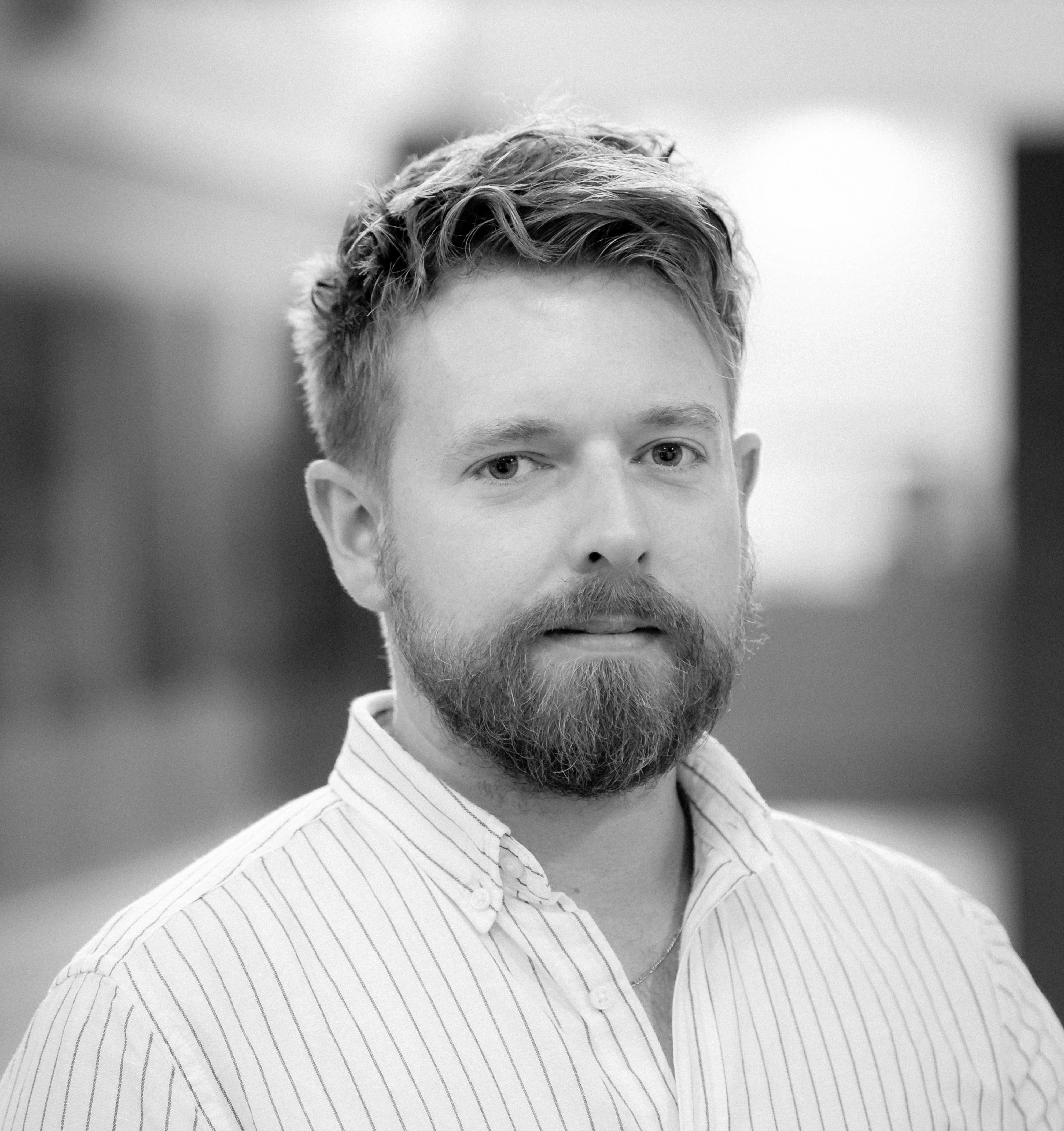
Alexander Ghionis, Research Fellow in Chemical and Biological Security
Dr Alexander Ghionis' research interests relate to the chemical and biological weapons prohibition regimes, in particular the work of the Organisation for the Prohibition of Chemical Weapons (OPCW). His doctoral research looked at change and continuity in the OPCW, with focus on the cultures and identities of its Technical Secretariat. The research developed understandings of how change has unfolded within the OPCW by interpreting organisational developments through an interdisciplinary assessment of international relations, policy studies, and theories of culture and management. He is also a research associate with the CBWNet project based in Germany.
a.ghionis@sussex.ac.uk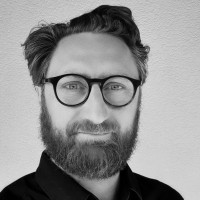
Kai Ilchmann, Senior Research Fellow (Honorary)
Dr Kai Ilchmann is an Honorary Senior Research Fellow at the University of Sussex and has been part of the Harvard Sussex Program since 2004. Originally trained as a biologist, he completed an MSc in Technology and Innovation Management and a DPhil in Science and Technology Policy at SPRU on the evolution of UK bioterrorism policy.
His work focuses on the norms against chemical and biological weapons, with interests in risk and threat assessment, policy narratives, emerging technologies, and the governance of science, technology, and innovation. He has contributed to strengthening the BWC and CWC through support to science and technology reviews, emerging technology and dual-use governance, export controls, intangible technology transfers, and biosecurity education.
He served as a Technical Officer in the World Health Organization’s Science Division, where he led the development of the organisation’s global health foresight mechanism and contributed to the global guidance framework for the responsible use of the life sciences. His wider career includes advisory and consultancy work with NATO’s Defence Against Terrorism programme, the European Union’s CBRN and export control initiatives, and regional capacity-building projects through the ISTC and STCU.
Kai is currently based in Lisbon, Portugal.
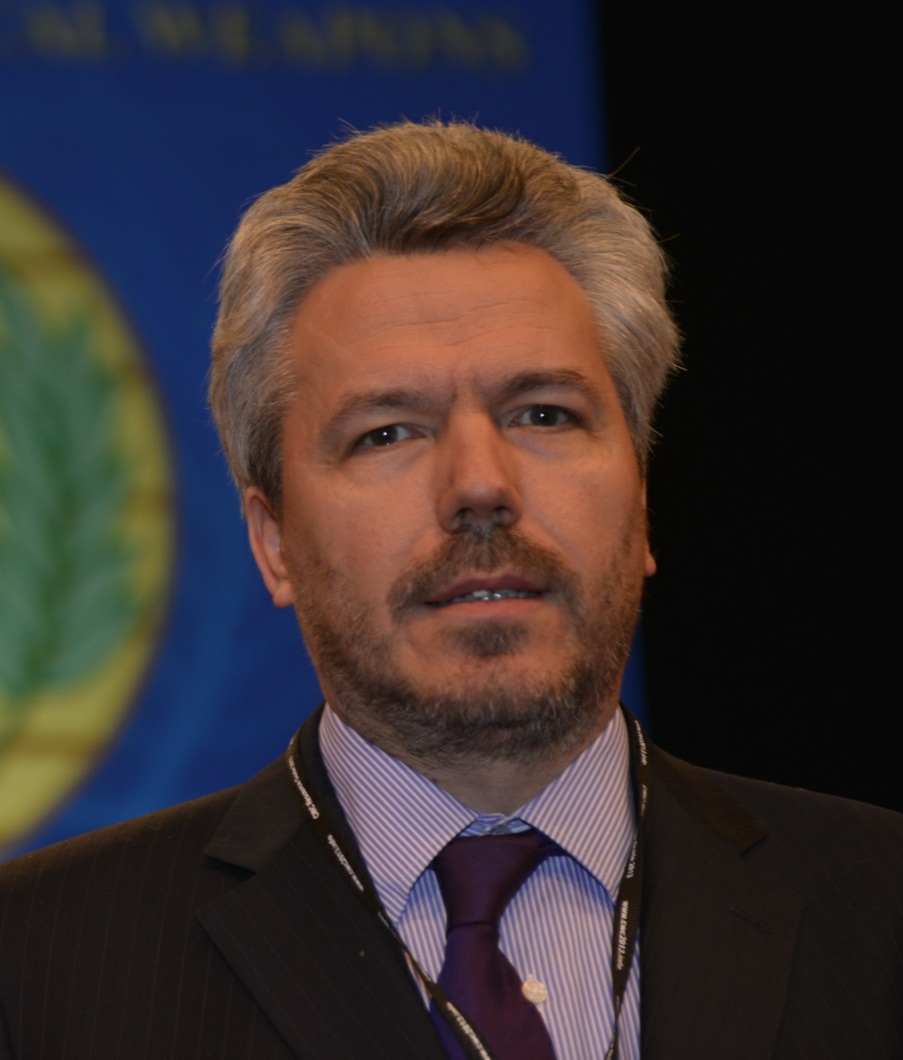
Richard Guthrie, Independent Expert and Editor at CBW Events
Dr Richard Guthrie is the CBW Events Co-ordinating Editor. Richard has worked in and with the non-governmental, governmental and inter-governmental sectors. He was previously Project Leader of the Chemical and Biological Warfare Project of the Stockholm International Peace Research Institute (SIPRI) (2003-06). He was involved in a long-term collaboration with the Harvard Sussex Program (1988-2003), where he was responsible for production of The CBW Conventions Bulletin and for managing certain data resources. He also edited or co-edited seven volumes of the VERTIC yearbook (1991–97) and the VERTIC newsletter Trust and Verify (1992–97). He was responsible for production of the PPNN Newsbrief (1989–2001). He also worked part-time in the House of Commons for sixteen years.
Outside activities include membership of the Pugwash Study Group on the Implementation of the Chemical and Biological Weapons Conventions (as well as being Chair of the British Pugwash Trust and a member of the Executive Committee of the British Pugwash Group) and being an elected Trustee, and Chair of the Finance Committee, for the Bath Royal Literary and Scientific Institution.
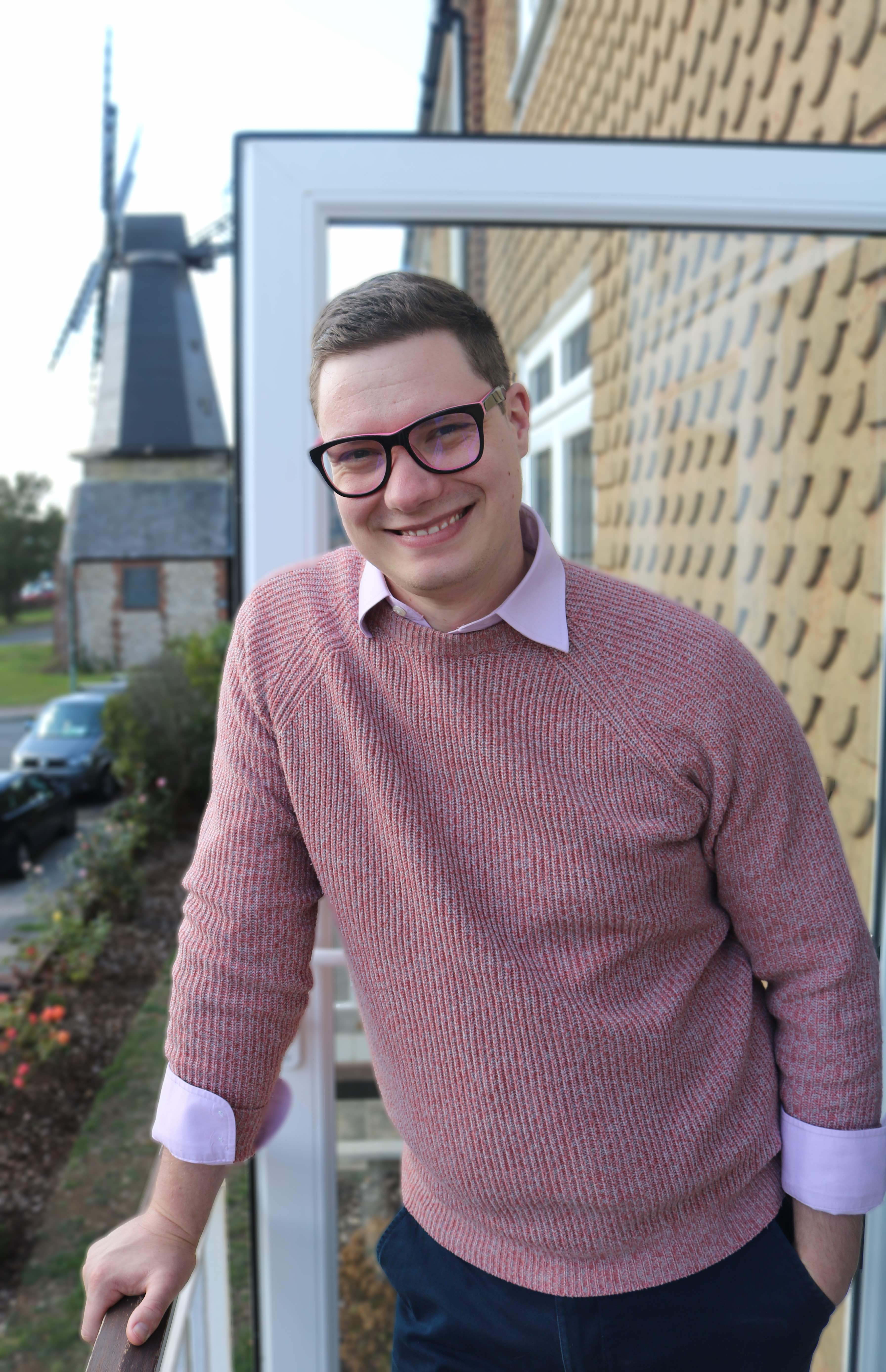
Joshua Moon, Research Fellow in Health and Research Policy
Joshua Moon is Research Fellow at SPRU. The focus of his research is knowledge dynamics and global health emergencies. In 2019 he completed his PhD at SPRU which examined how knowledge is accumulated during major disease outbreaks and the methods by which that knowledge is then passed on. He recently co-authored a paper on the role of reports in investigations of alleged use. Joshua is currently engaged on a project evaluating Covid-19 testing systems.
j.r.moon@sussex.ac.uk